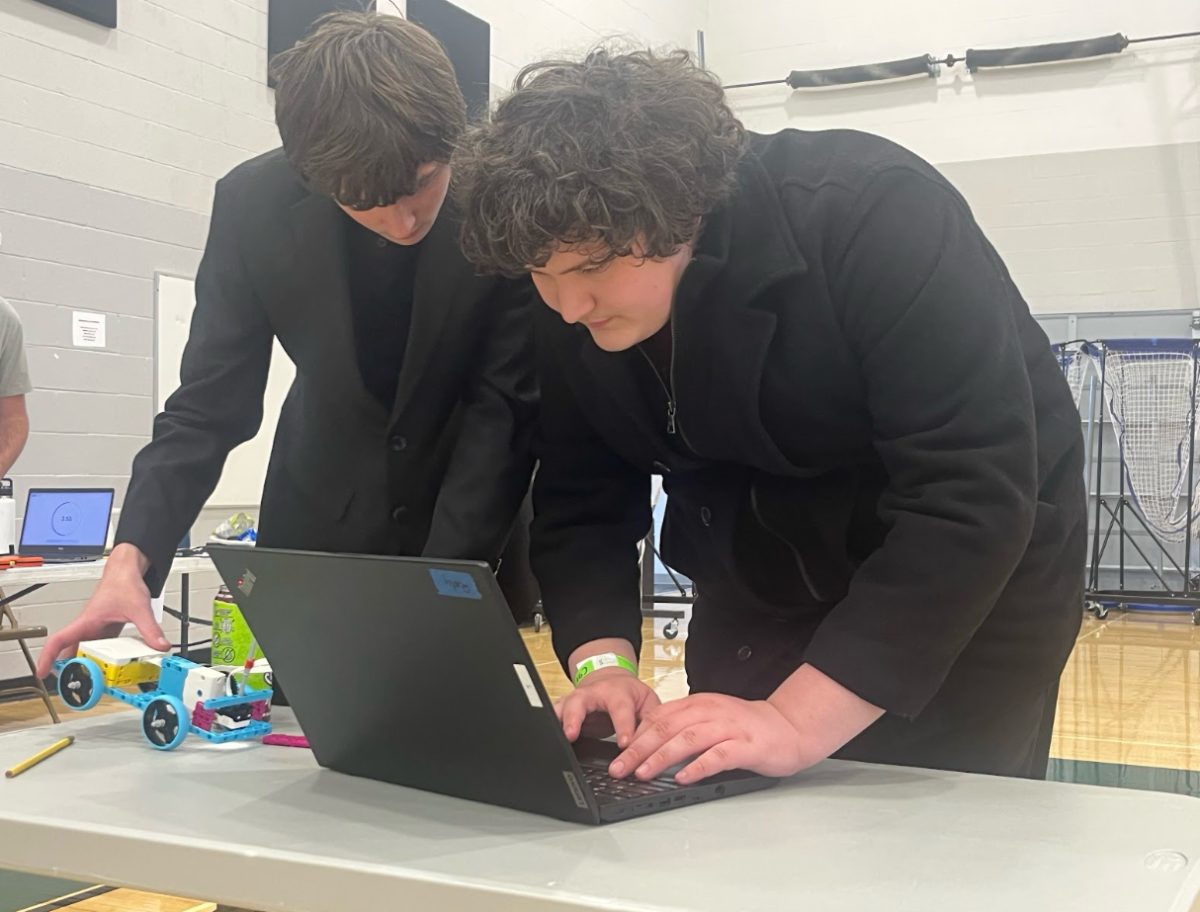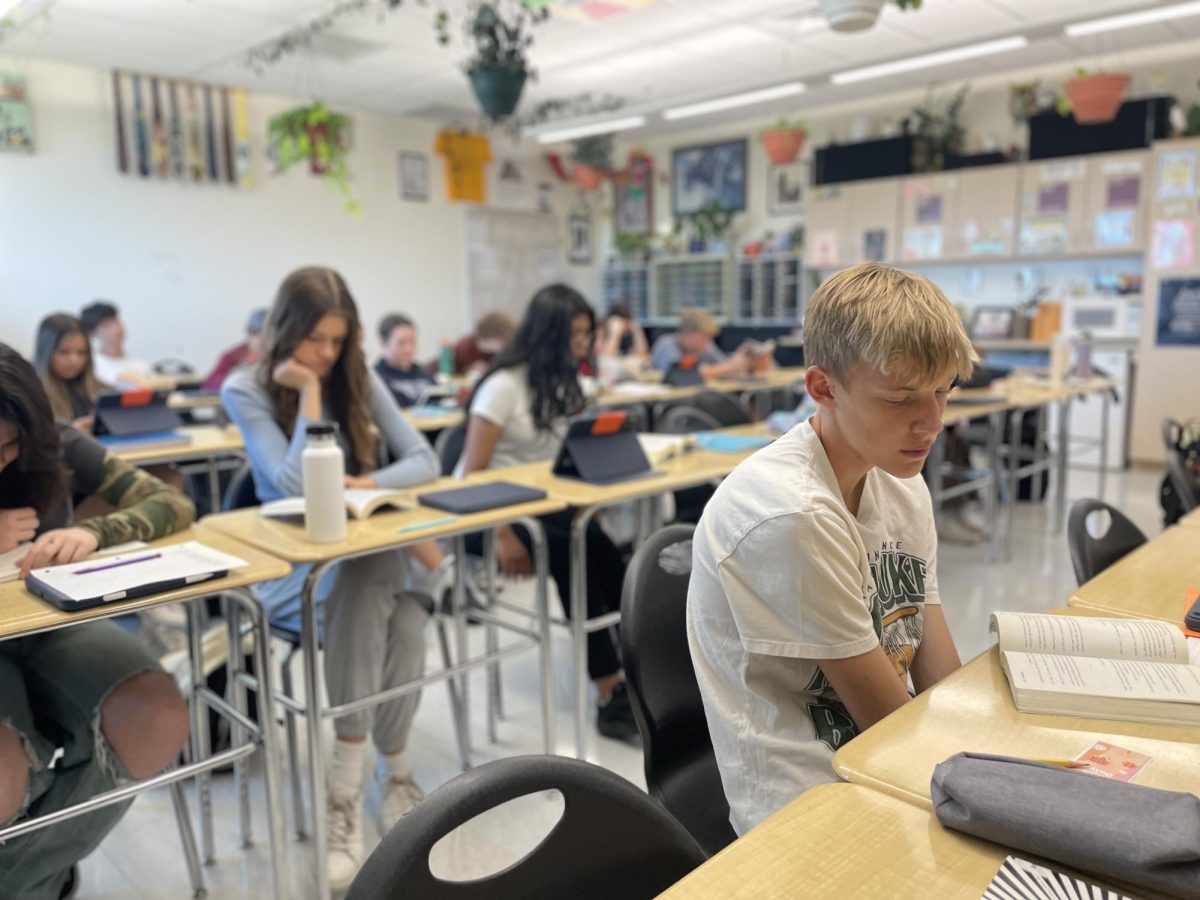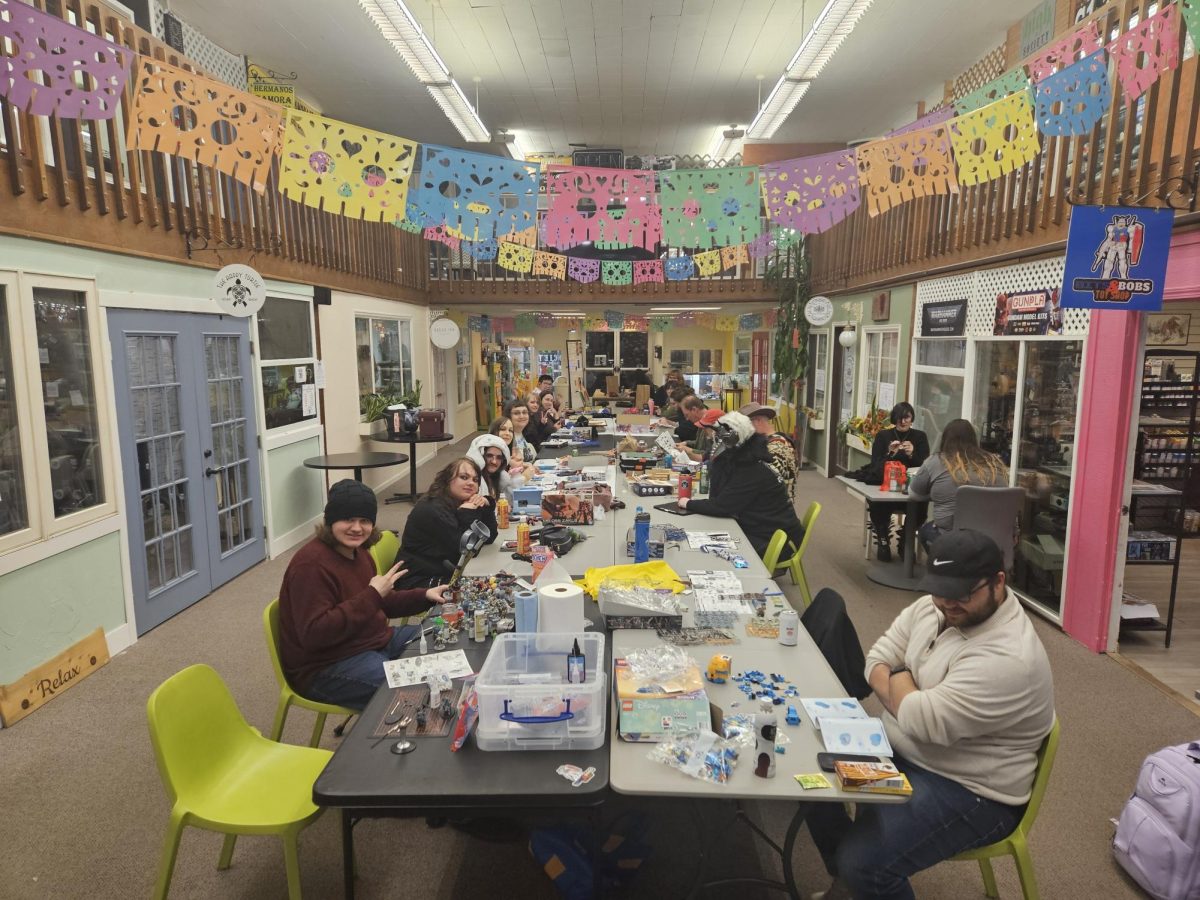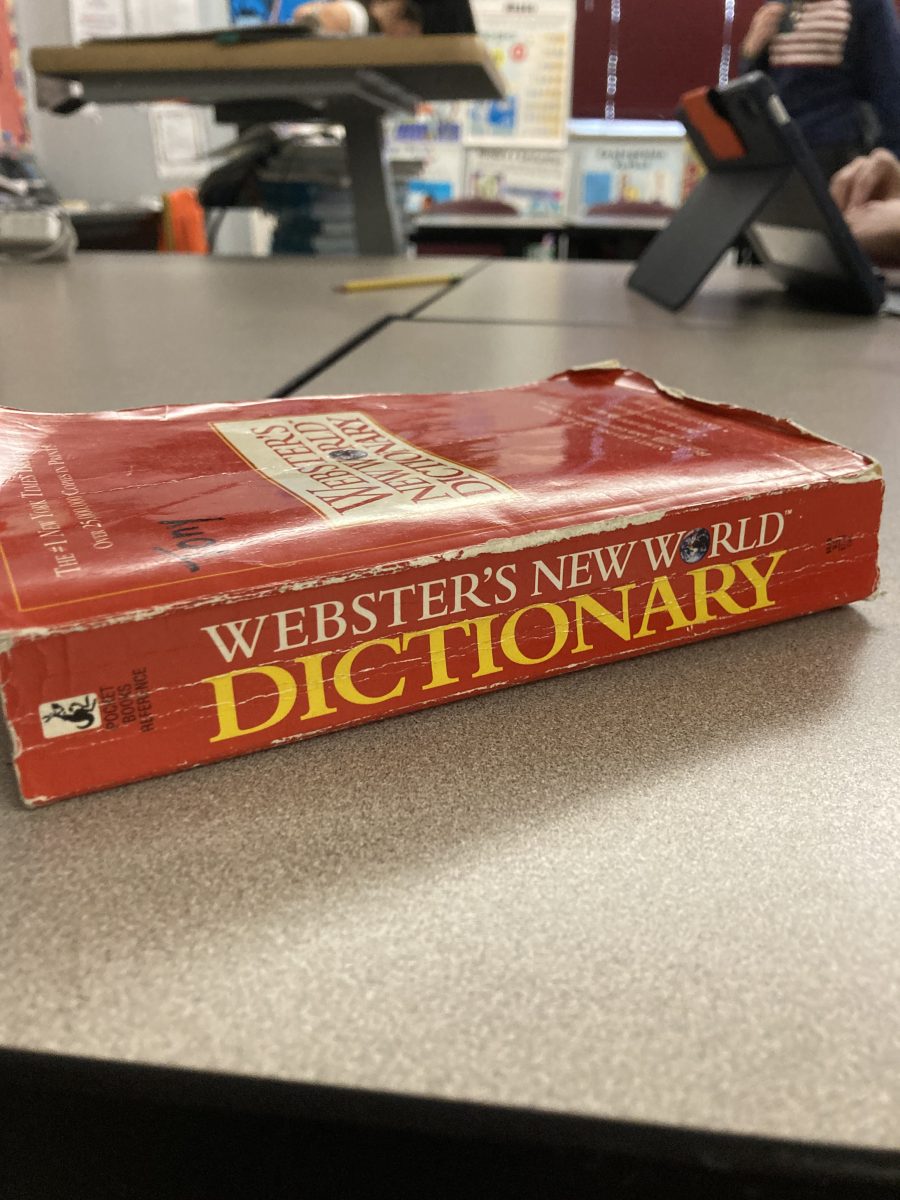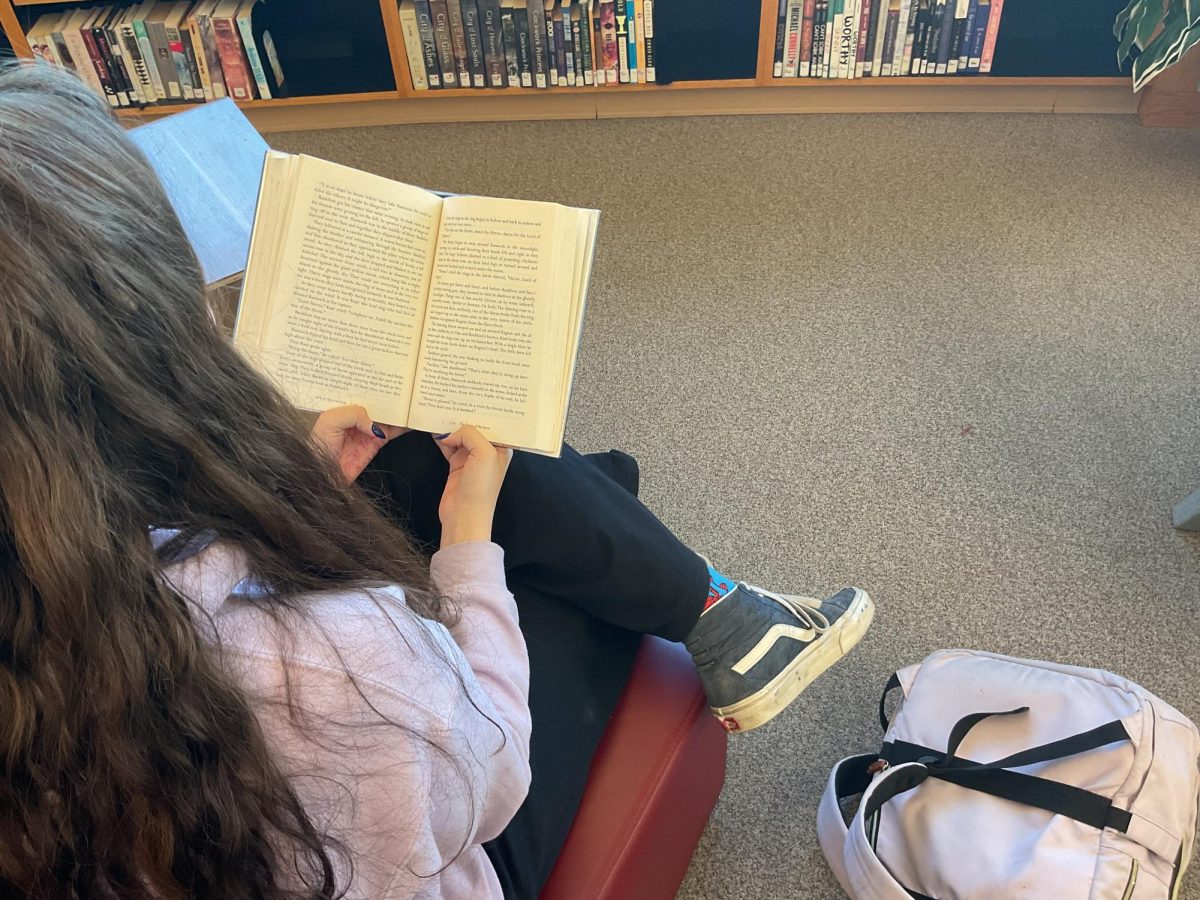Escaping into worlds of fantasy, sci-fi, and historical fiction; reading has been a form of both entertainment, and escapism, since before Generation Z was considered a possibility. The act of reading has been upheld as a tradition being passed down through generations. Except, a new trend is emerging. For the first time, society is faced with a new form of ubiquitous entertainment: technology.
Senior at Silver Creek High School, R.C. Bader, believes that new technology is a main aspect in the gravitation away from literature.
“I think [the reason people have stopped reading is] what we’ve gotten instead,” Bader said. “More people sit inside and stare at screens.”
This is a new lifestyle, as with the rise of digital developments, there has been a newfound accessibility when it comes to entertaining oneself. Furthermore, Bader acknowledges that paired with demanding schoolwork, reading is pushed to the back burner.
“[Students are] swamped with having to read for school,” Bader explained, “they don’t really want to read [for fun]”
Reading for pleasure has become a foreign concept to the teenage schedule. With the overload of school reading, the idea of consuming more written words causes students to be puzzled. The problem lies in the blurred line between academia and amusement.
“I think [reading shifts are] due to technology,” Jade Niven, a senior at Silver Creek High School, said. “I think that [it] has been undervalued in this world.”
With the oversaturation of cheap thrills, the things that long-held humanity’s attention are being disregarded; reading is being replaced by scrolling and watching.
“They’re starting to defund public libraries,” Niven explained. “They’re not seen as important because of digital reading.”
With the rise of audiobooks and digital manuscripts, the landscape of common-day libraries may be subject to a great shift. Silver Creek High School’s librarian Kristin Holtz knows this theme all too well.
“The pandemic really affected the libraries,” Holtz stated. “[People] couldn’t go to the library for those years… so I don’t think middle schoolers were as exposed to the library.”
This truth is undeniably detrimental. Without early exposure to literature, one may not have the grasp on reading comprehension that is expected of them; and, in turn, one would view reading as an intellectual task rather than a playground.
“There will always be a need for books,” Holtz said, “books are gateways… to understanding, to learning, to enjoyment, to other worlds, to empathy.”
Books are vital, they are the basis of the human condition. They are an encapsulation of pain and adversity, of perseverance and determination, of love and peace.
“There will always be a need for that outlet, for that creativity, for compassion,” Holtz explained, “I think a society that doesn’t have that is going to be bleak.”
A society lacking the capacity for empathy, life-long learning, and deep understanding of humanity— in its goodness and meanness— is a society lax on reading. While books are necessitated, the reading of them seems optional. Thus begs the question: will the newer generations be able to uphold the tradition of the story, or will they crumble to the effects of their screen?
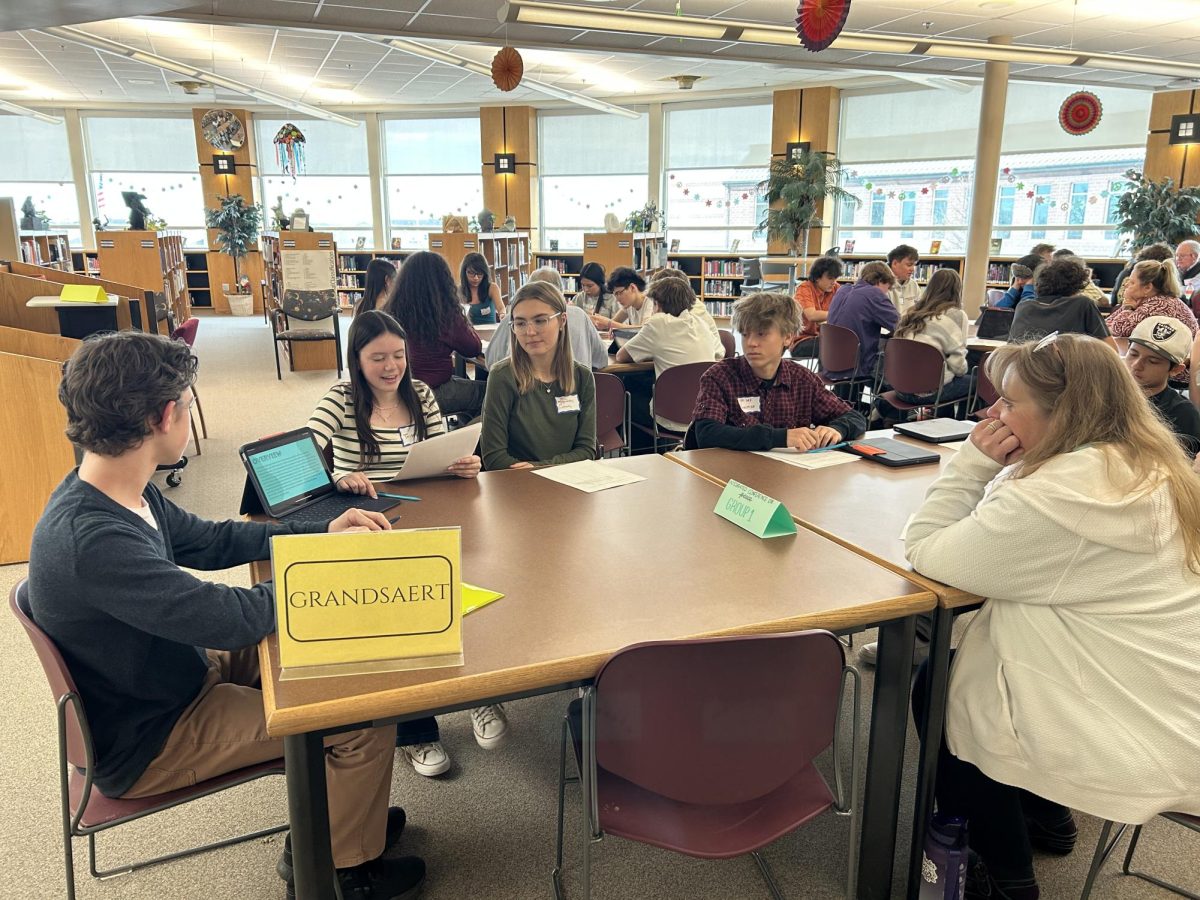
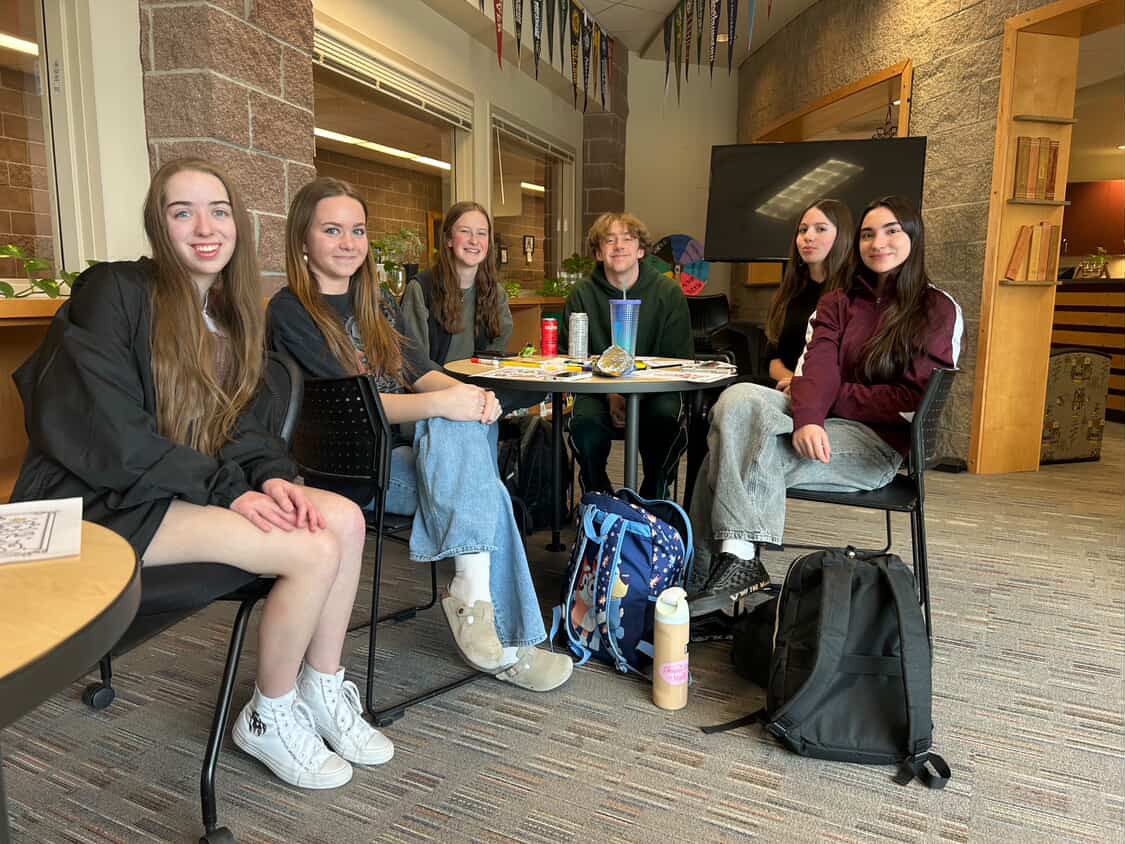
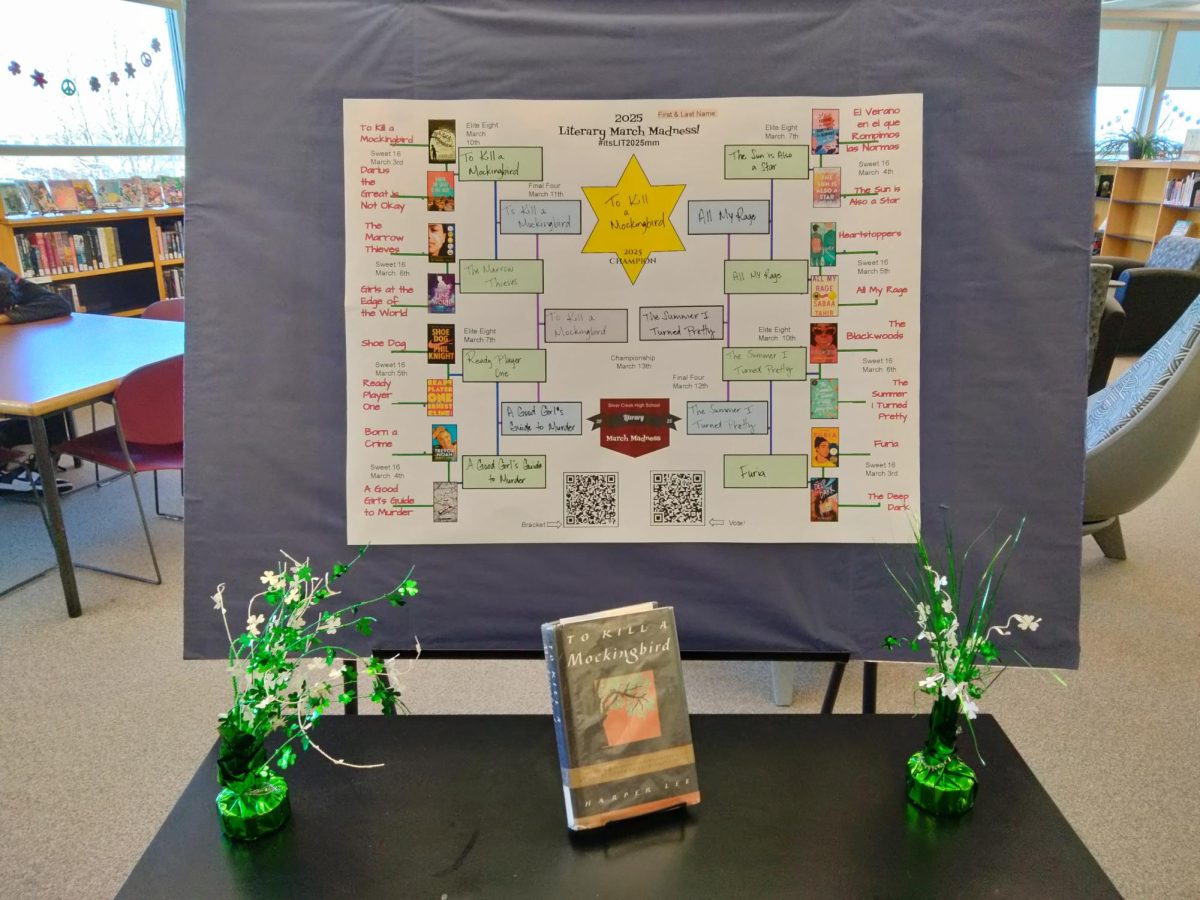
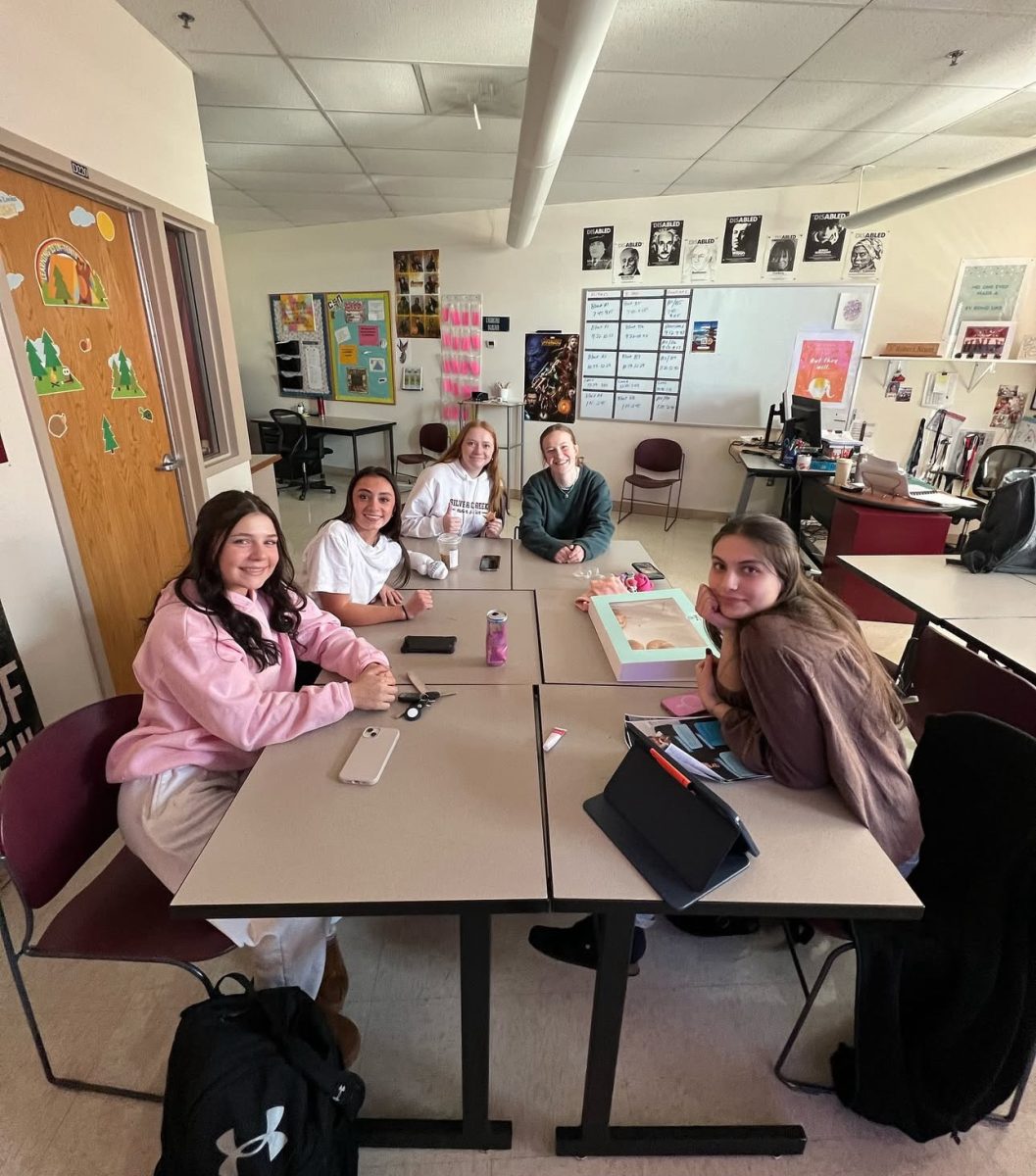
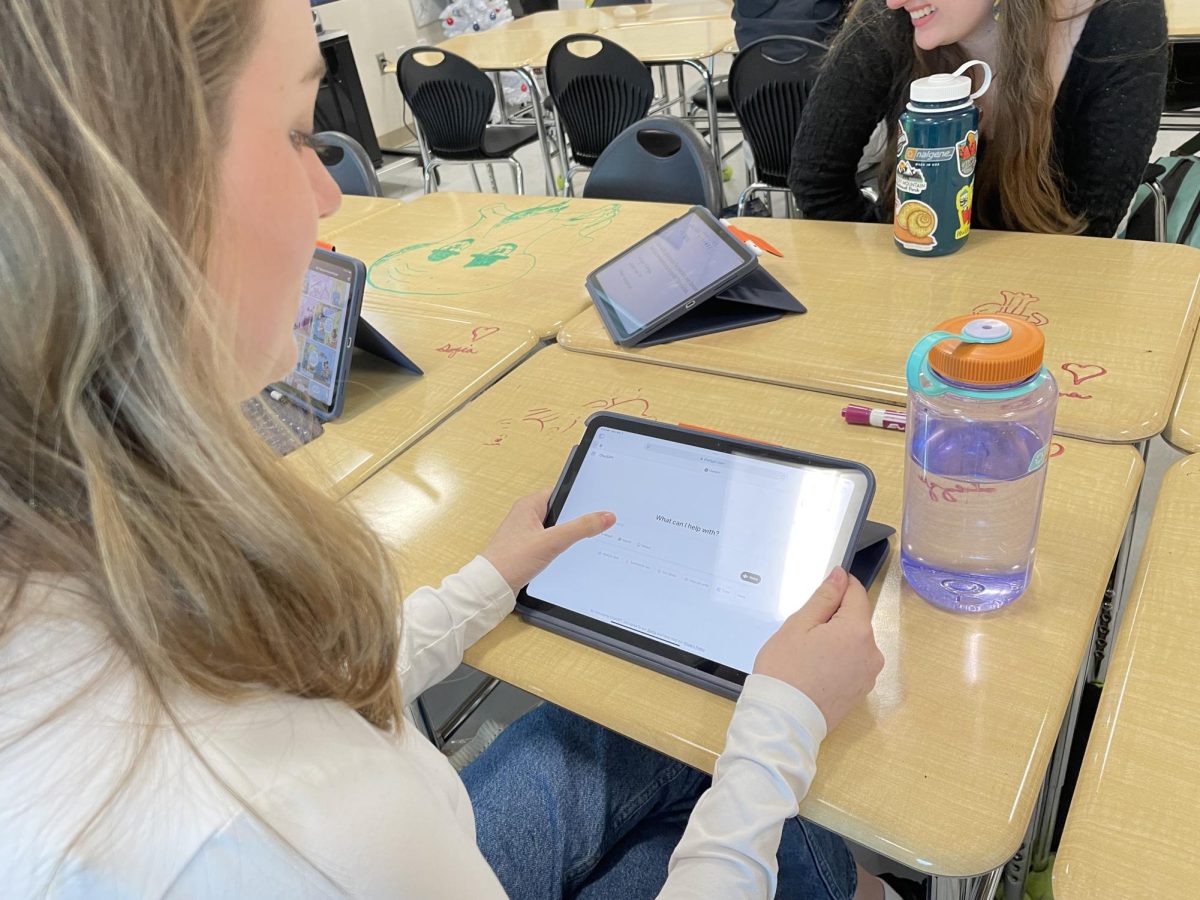
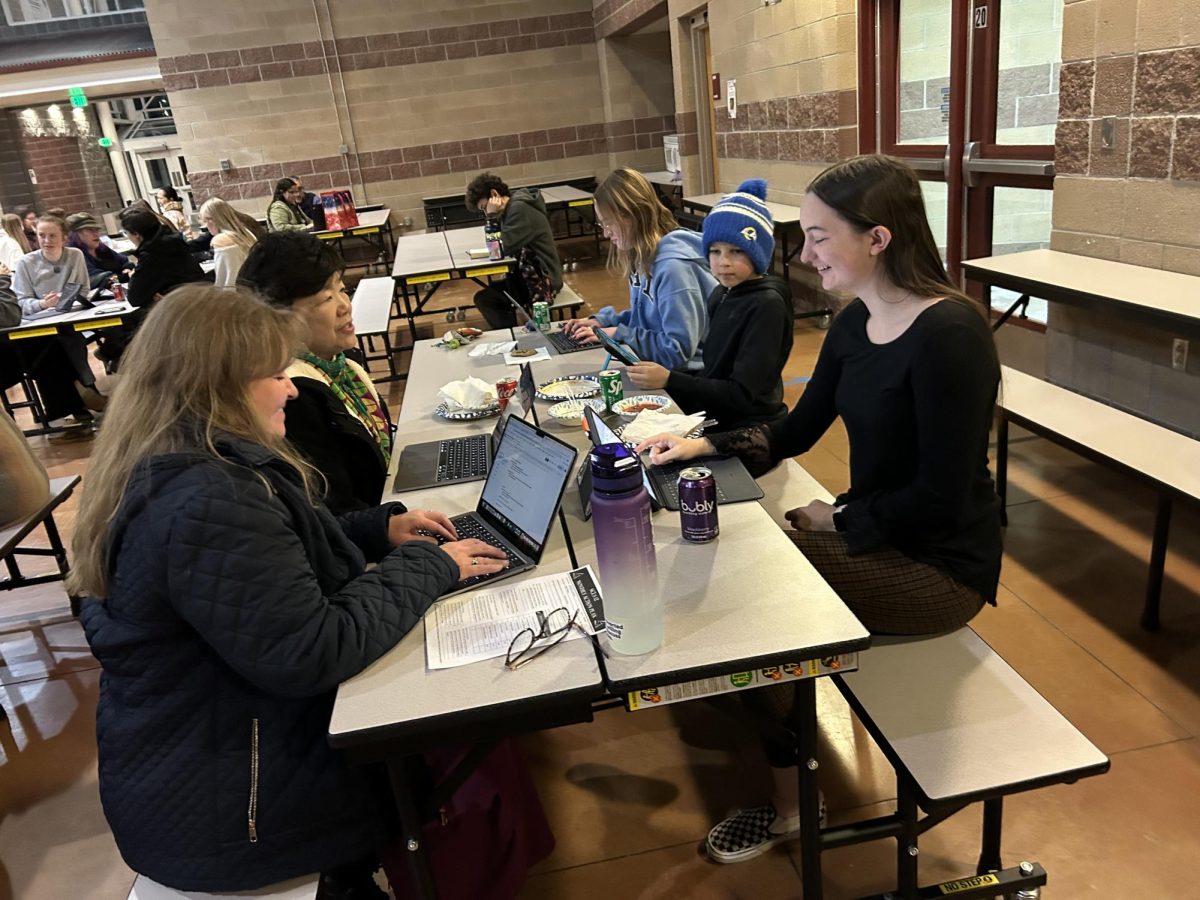
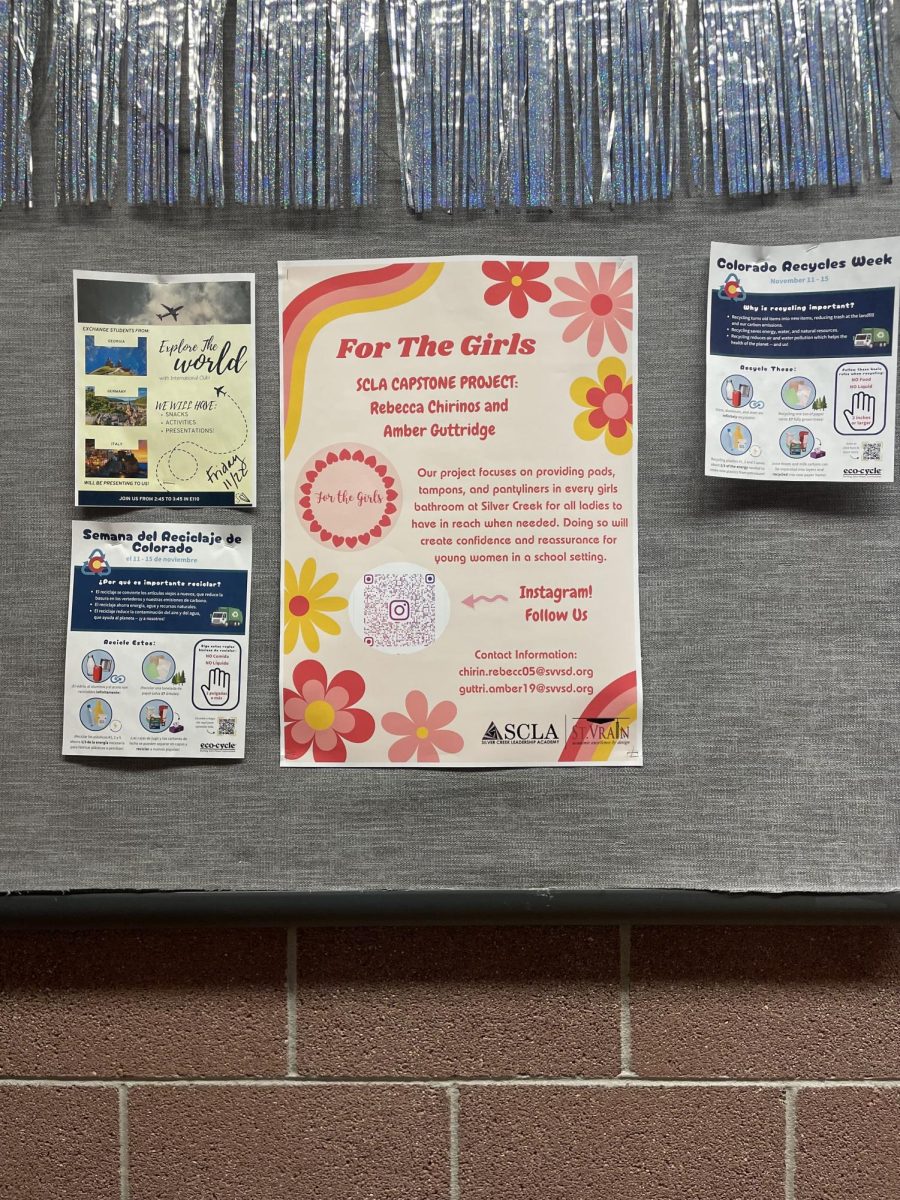
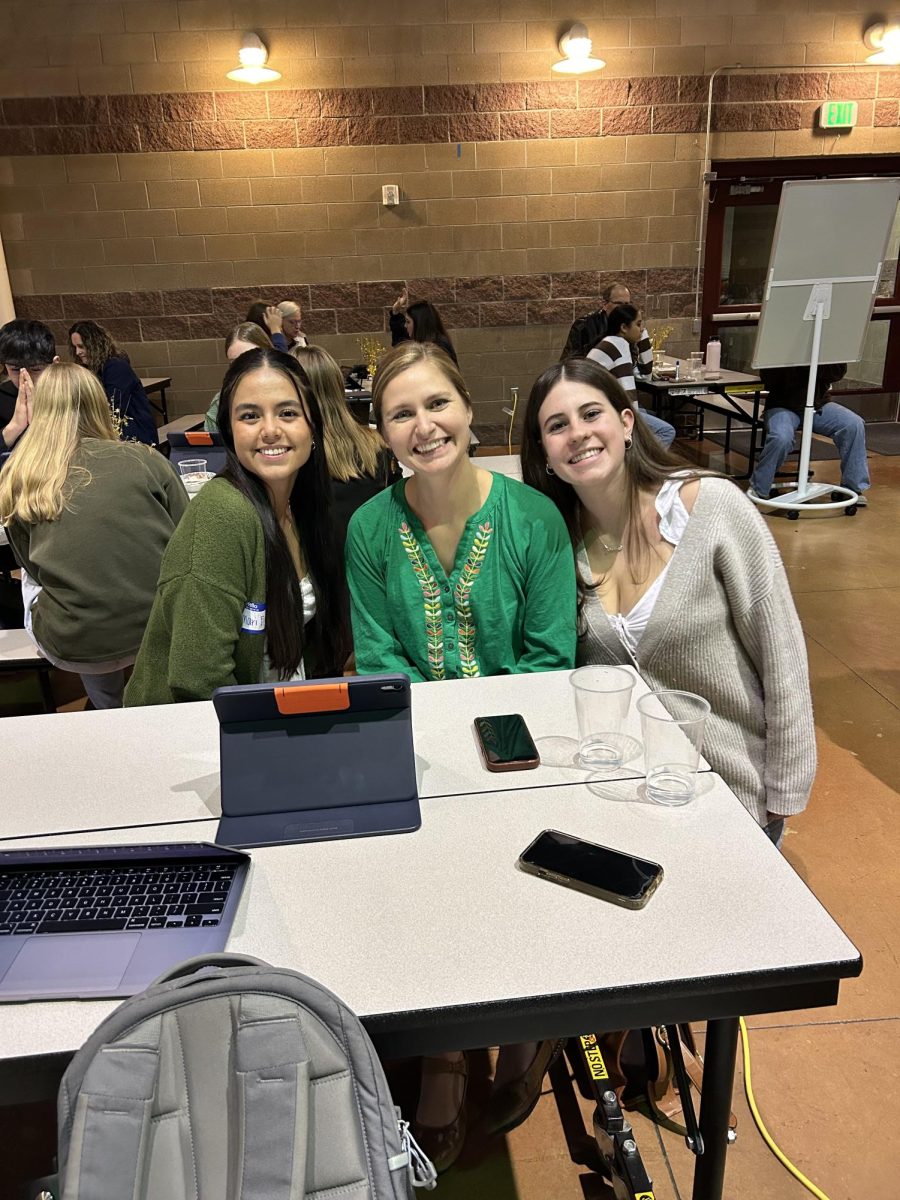
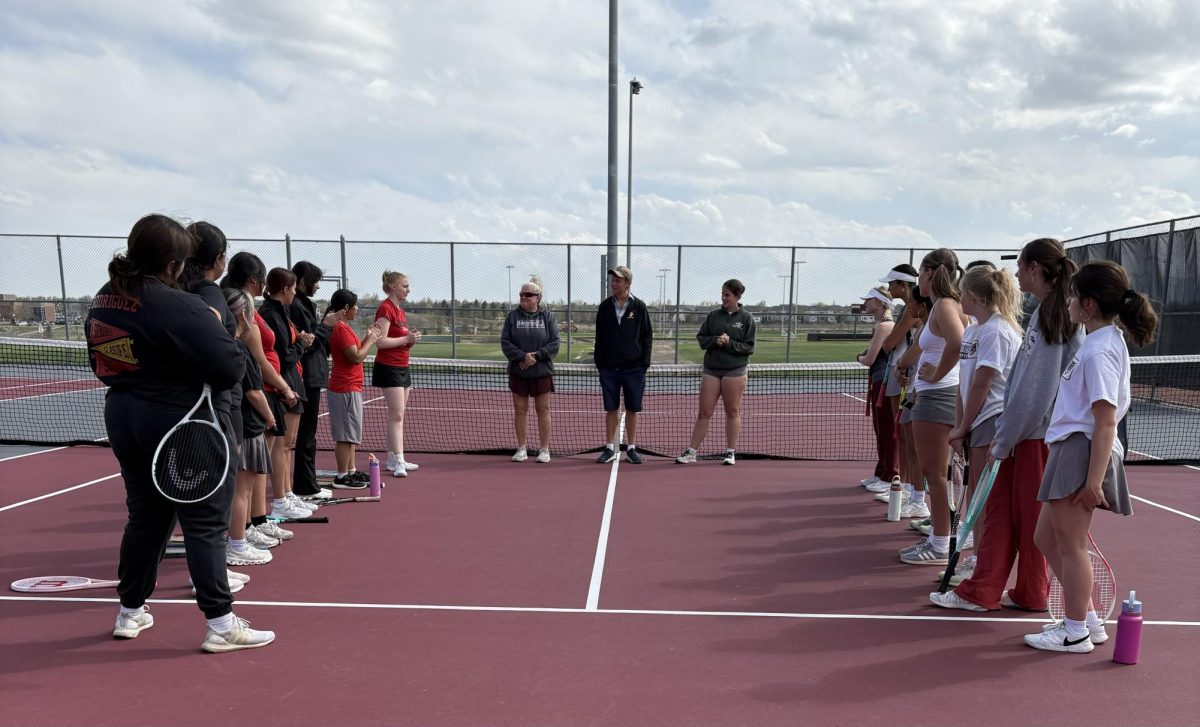



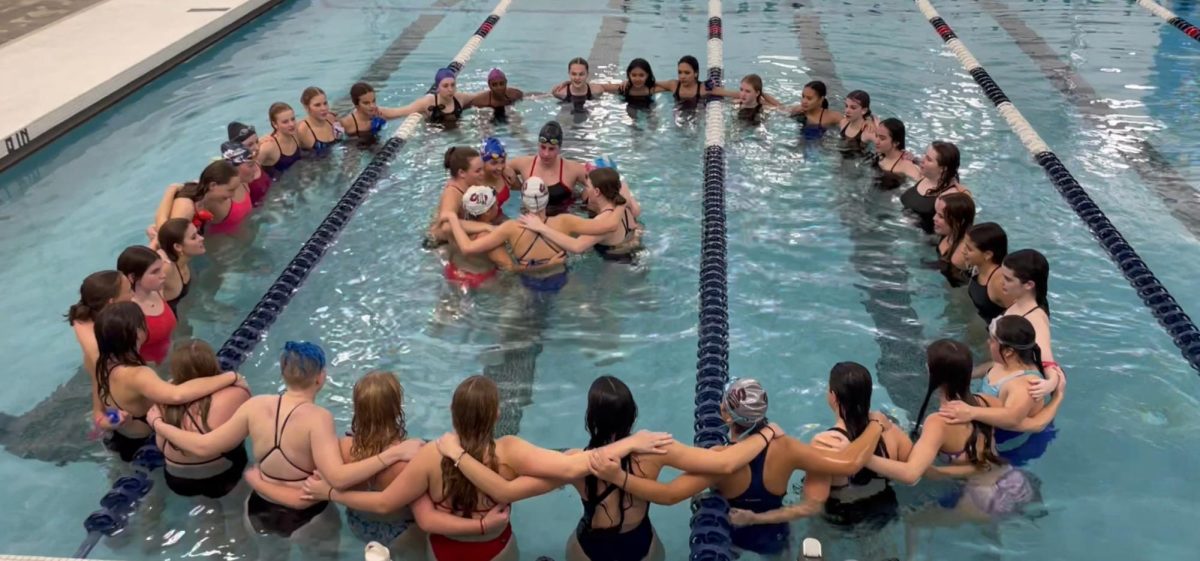
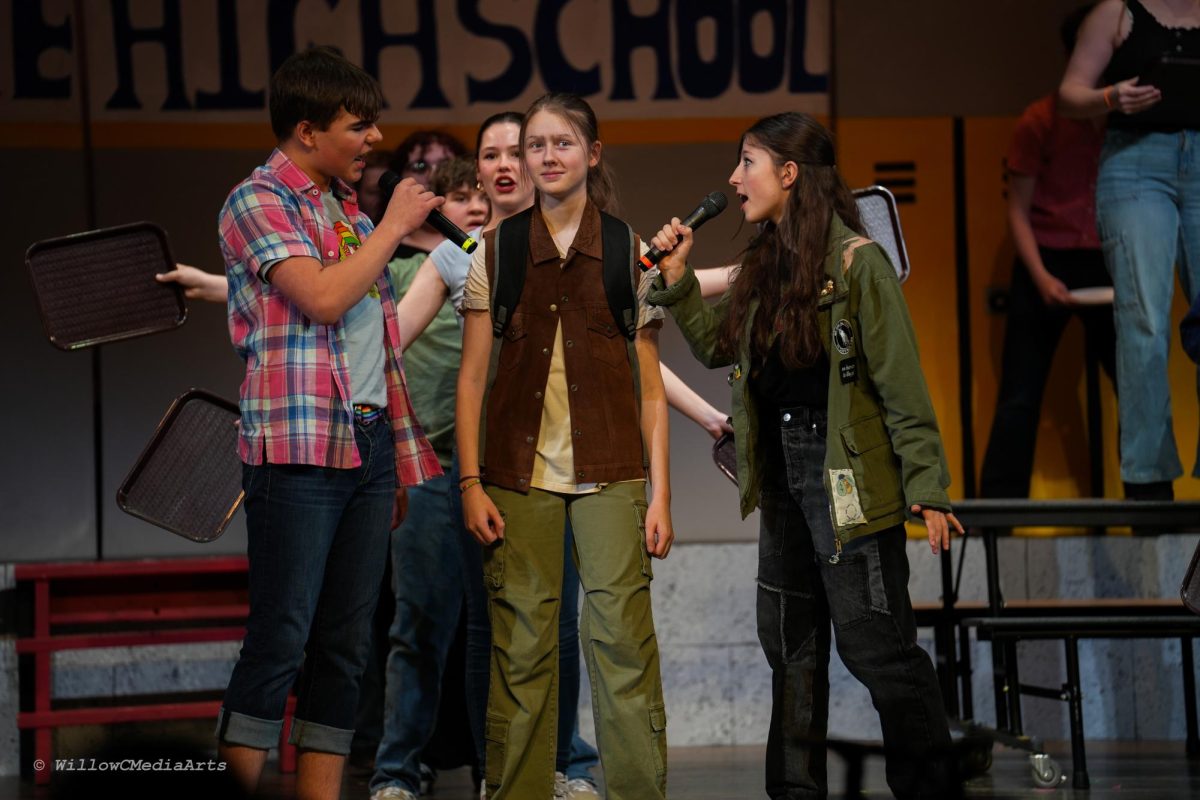
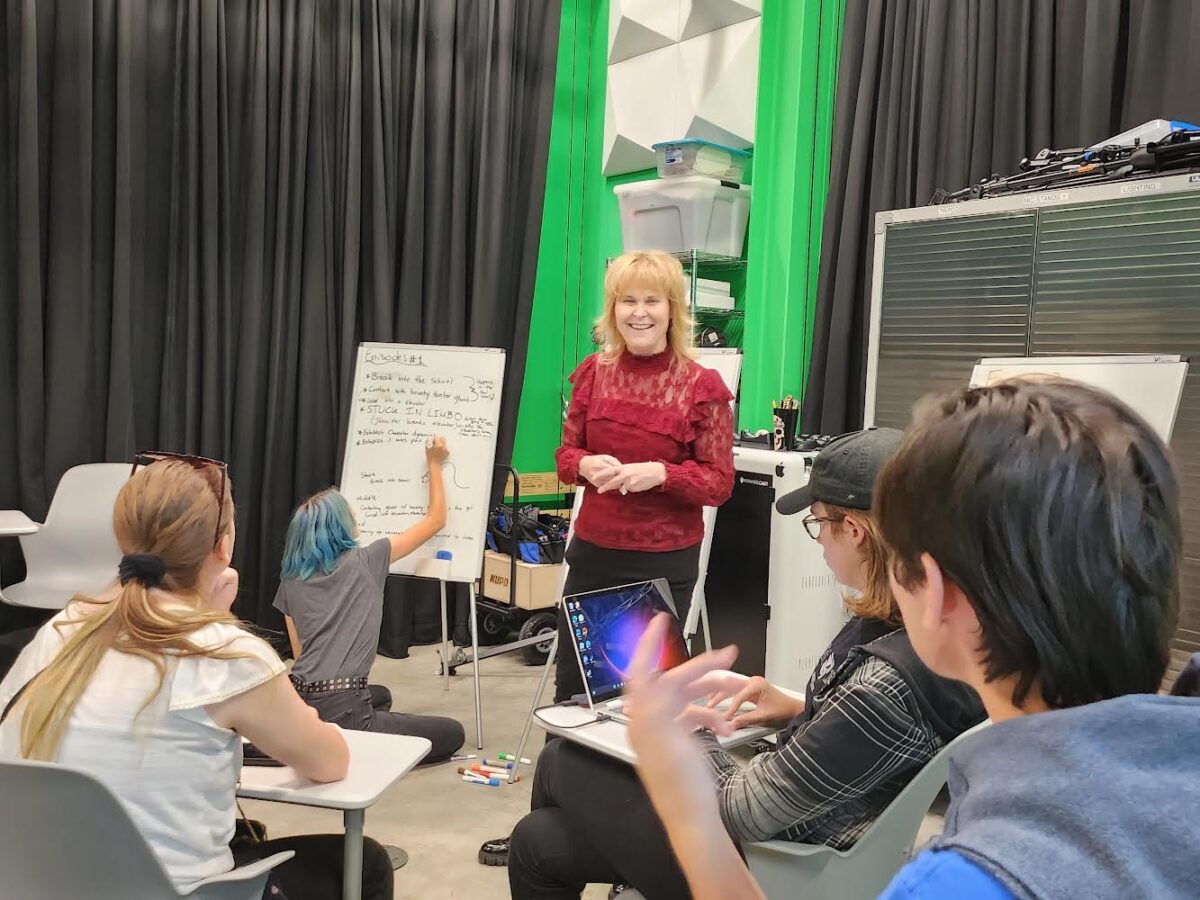

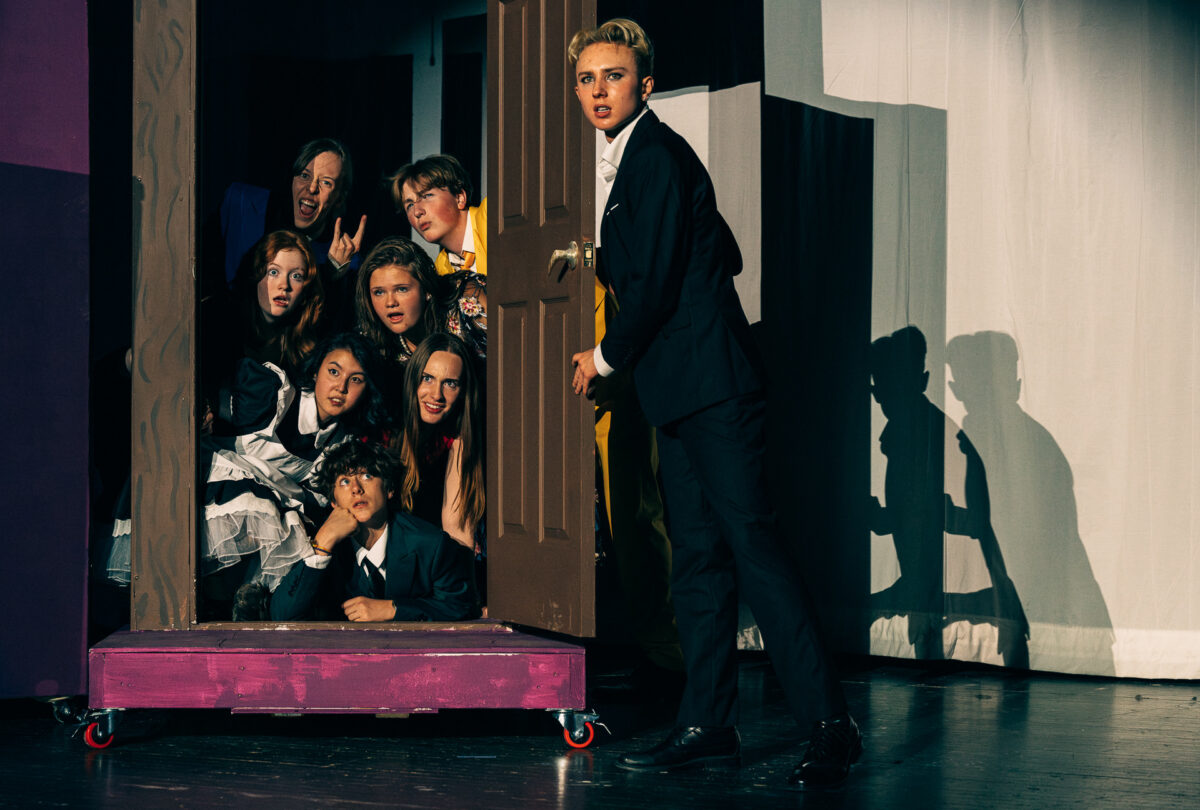
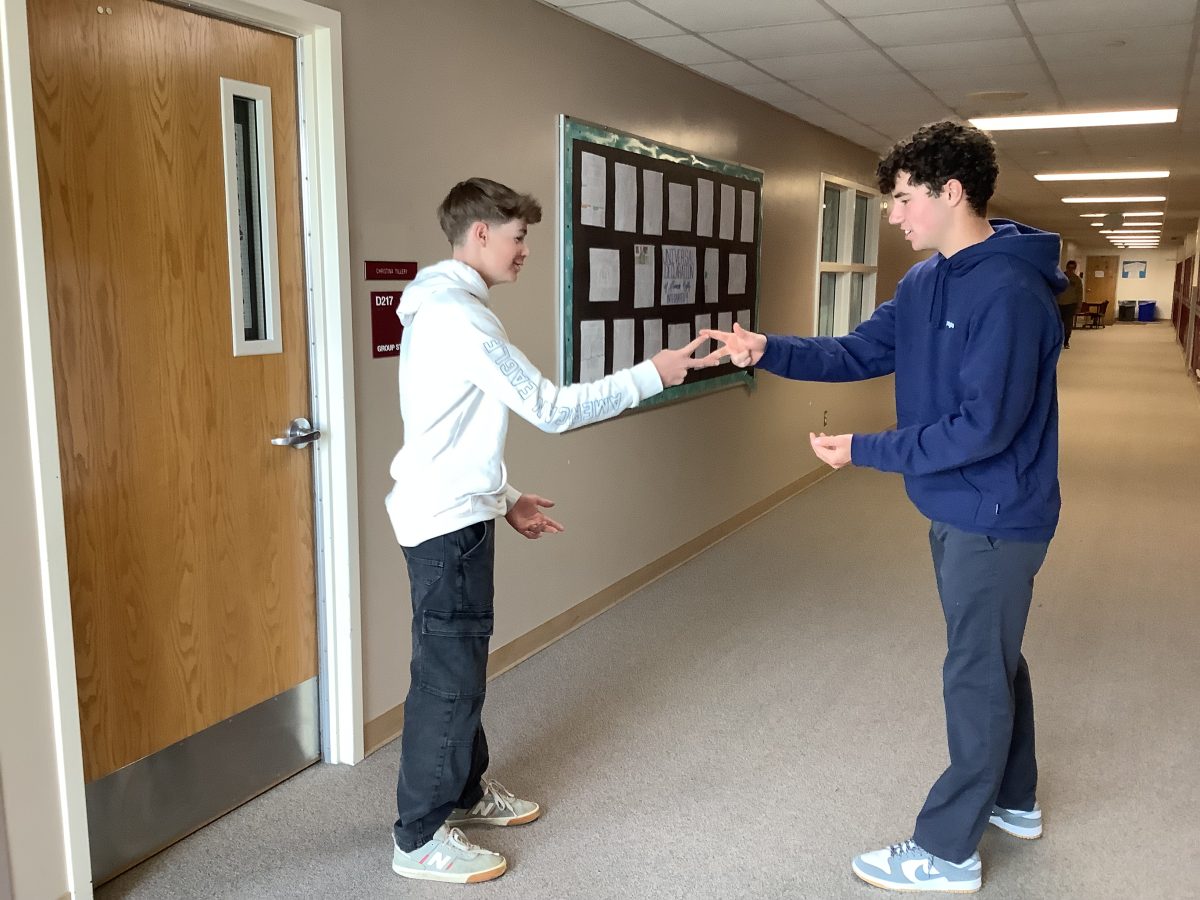

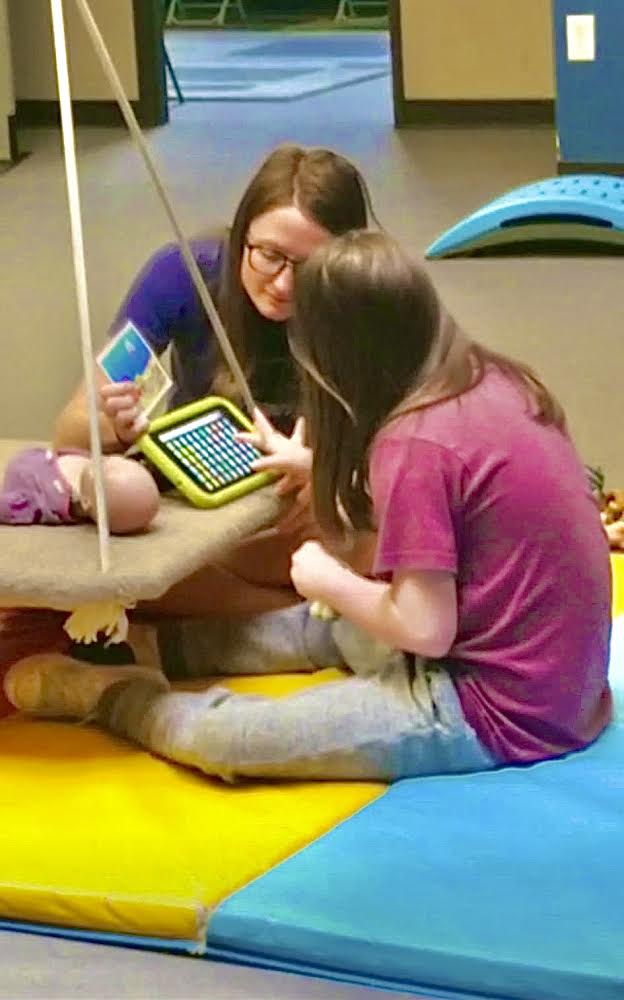

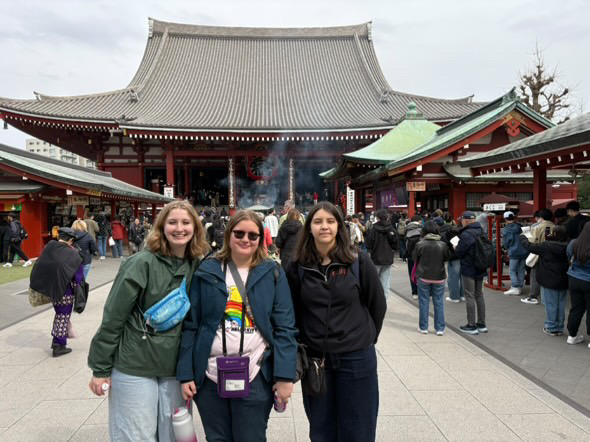
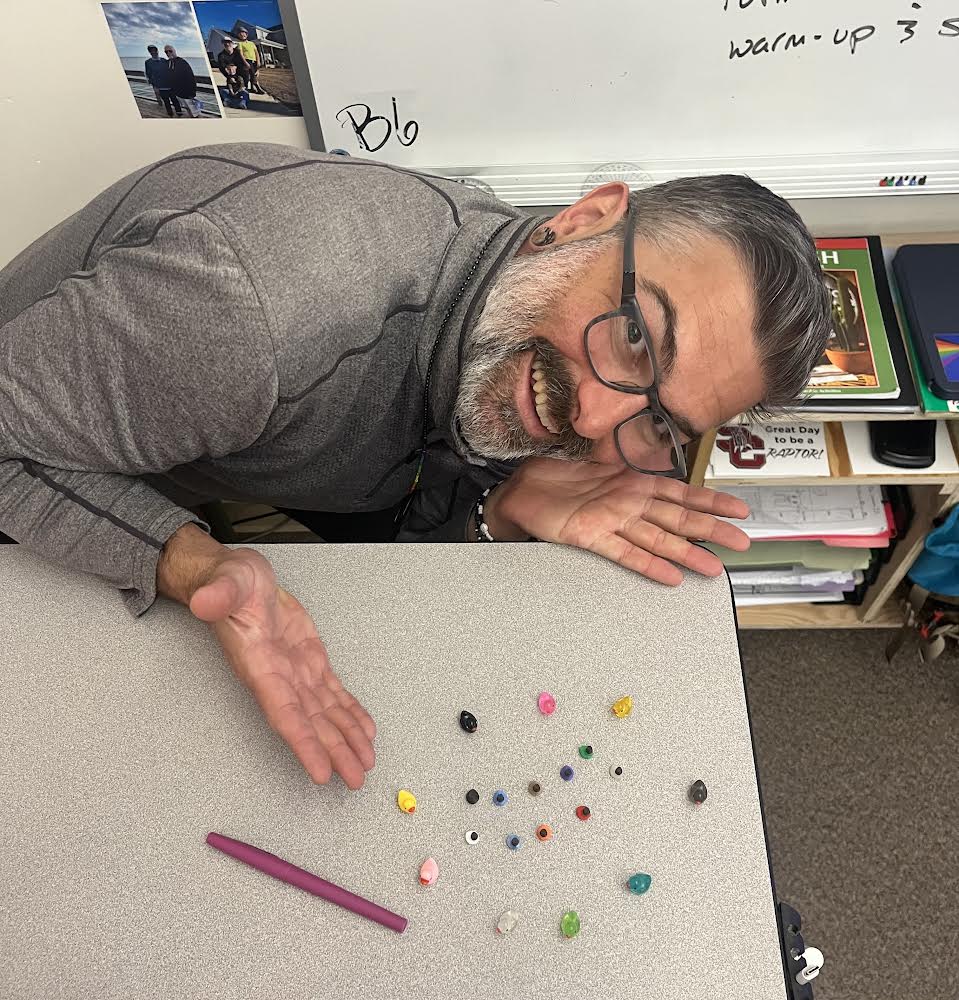
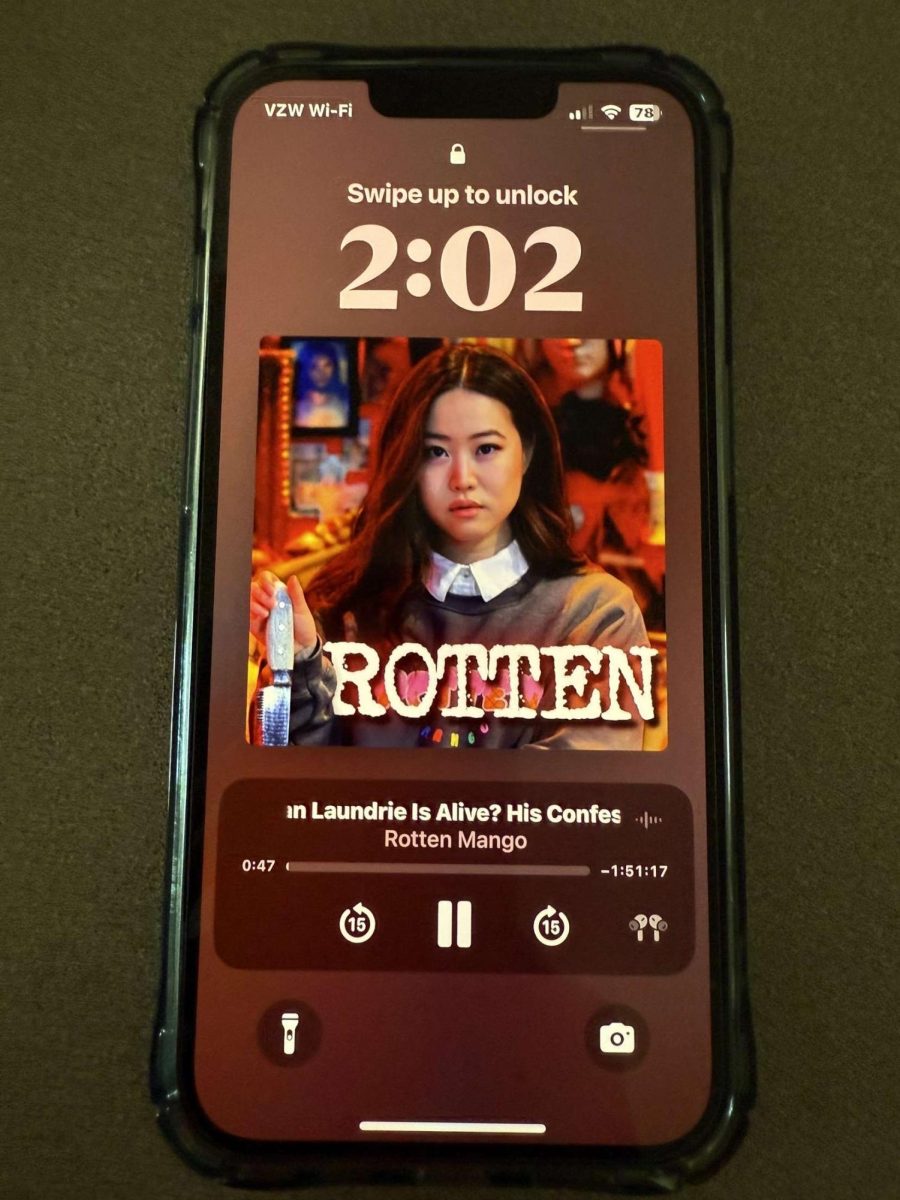

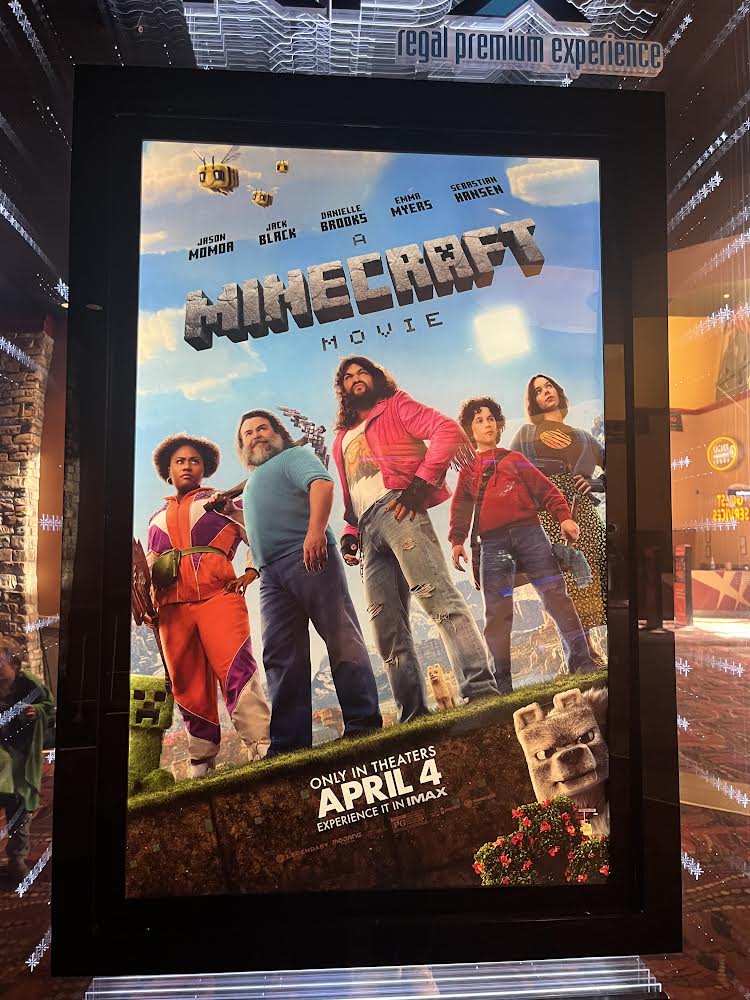





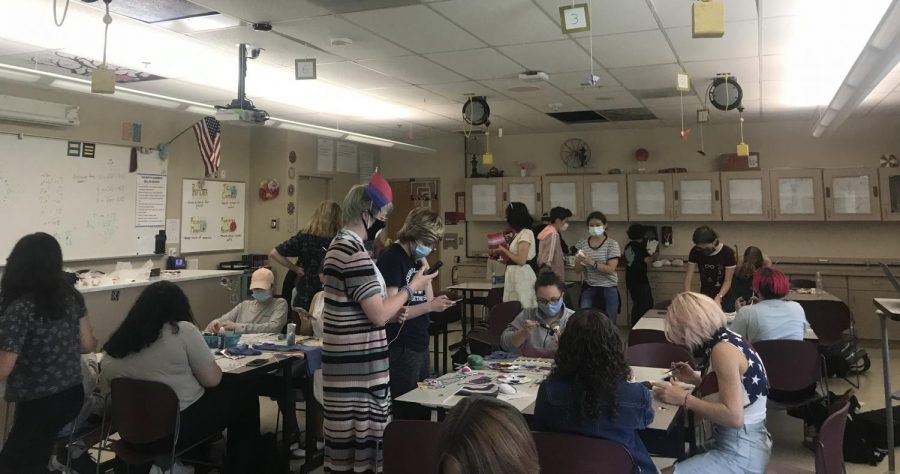

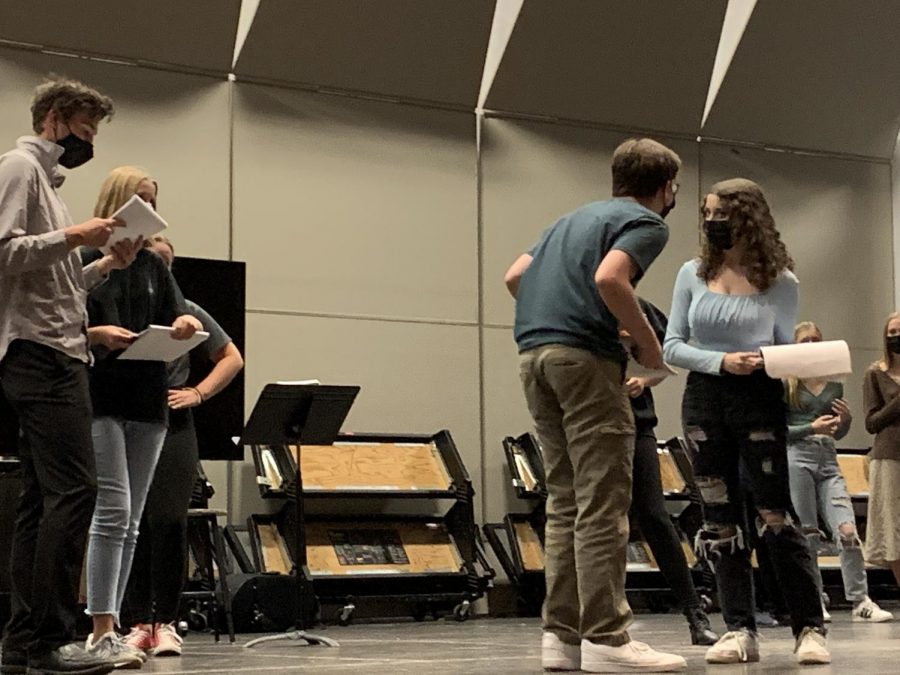
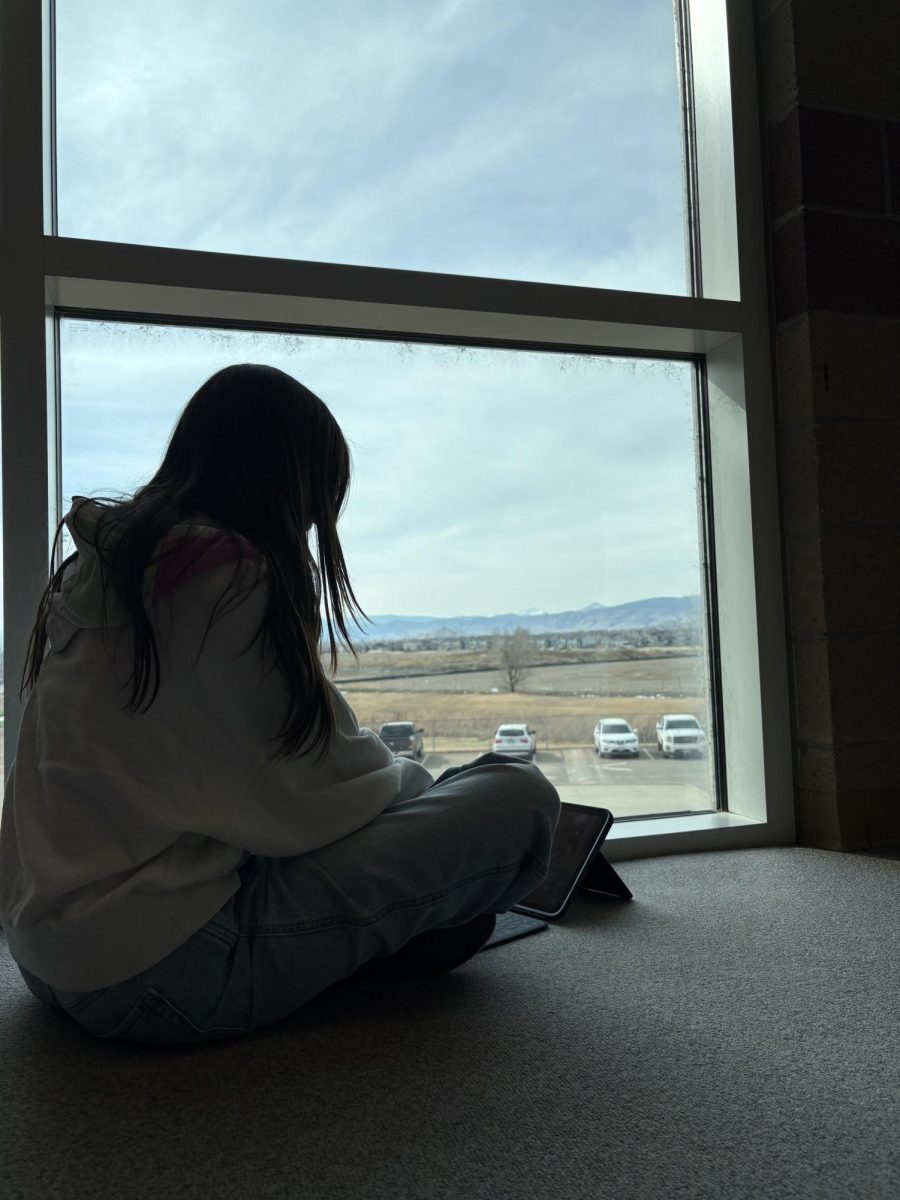


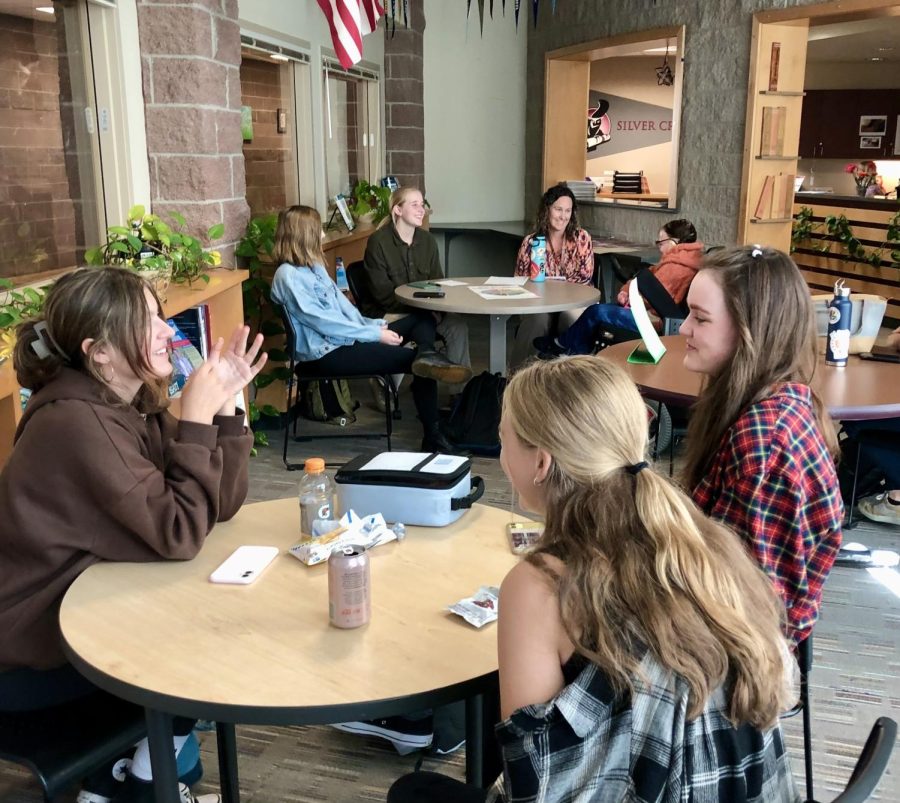
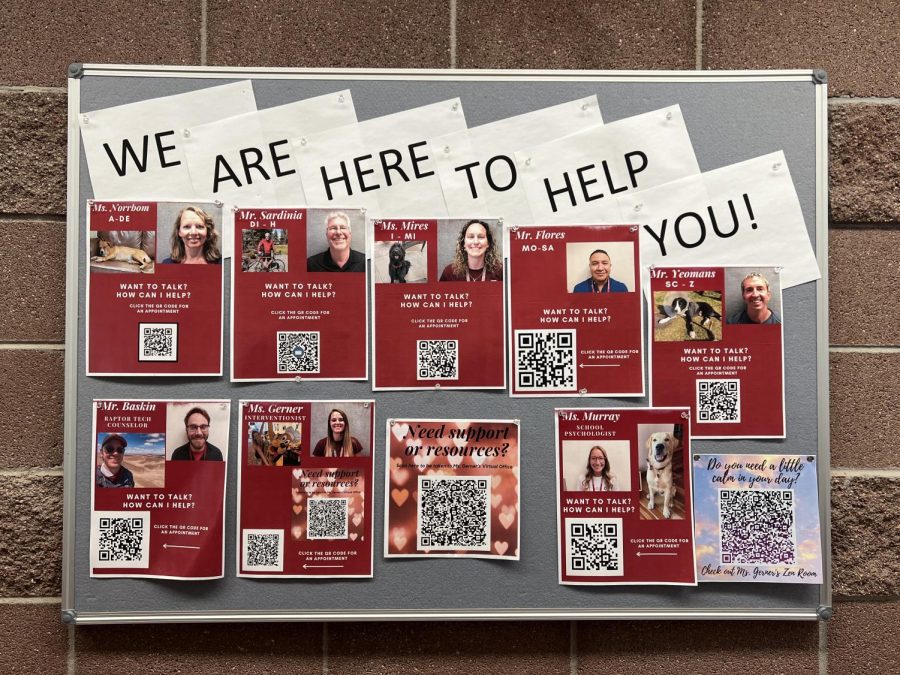


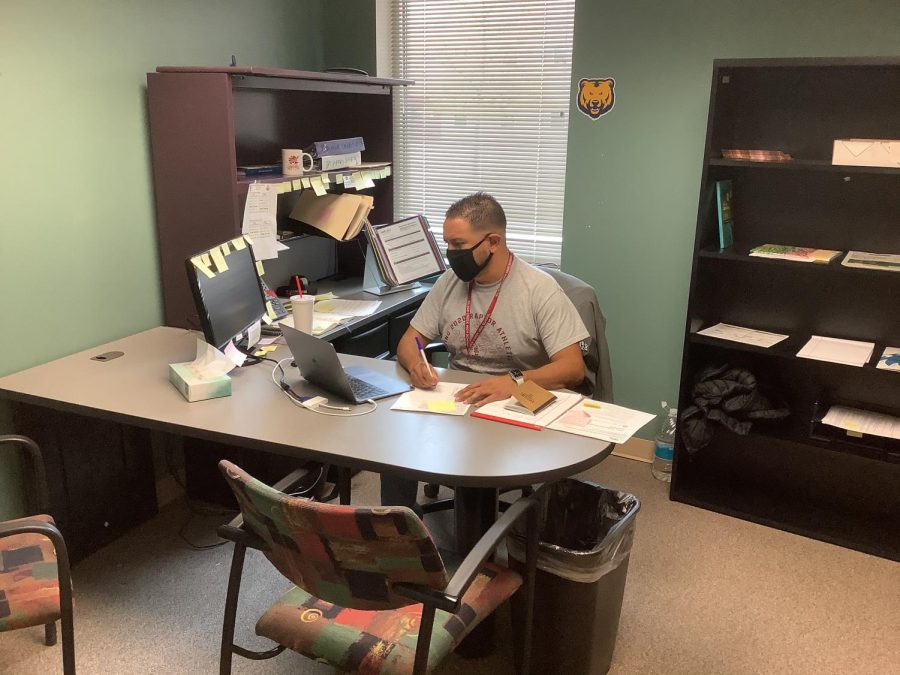
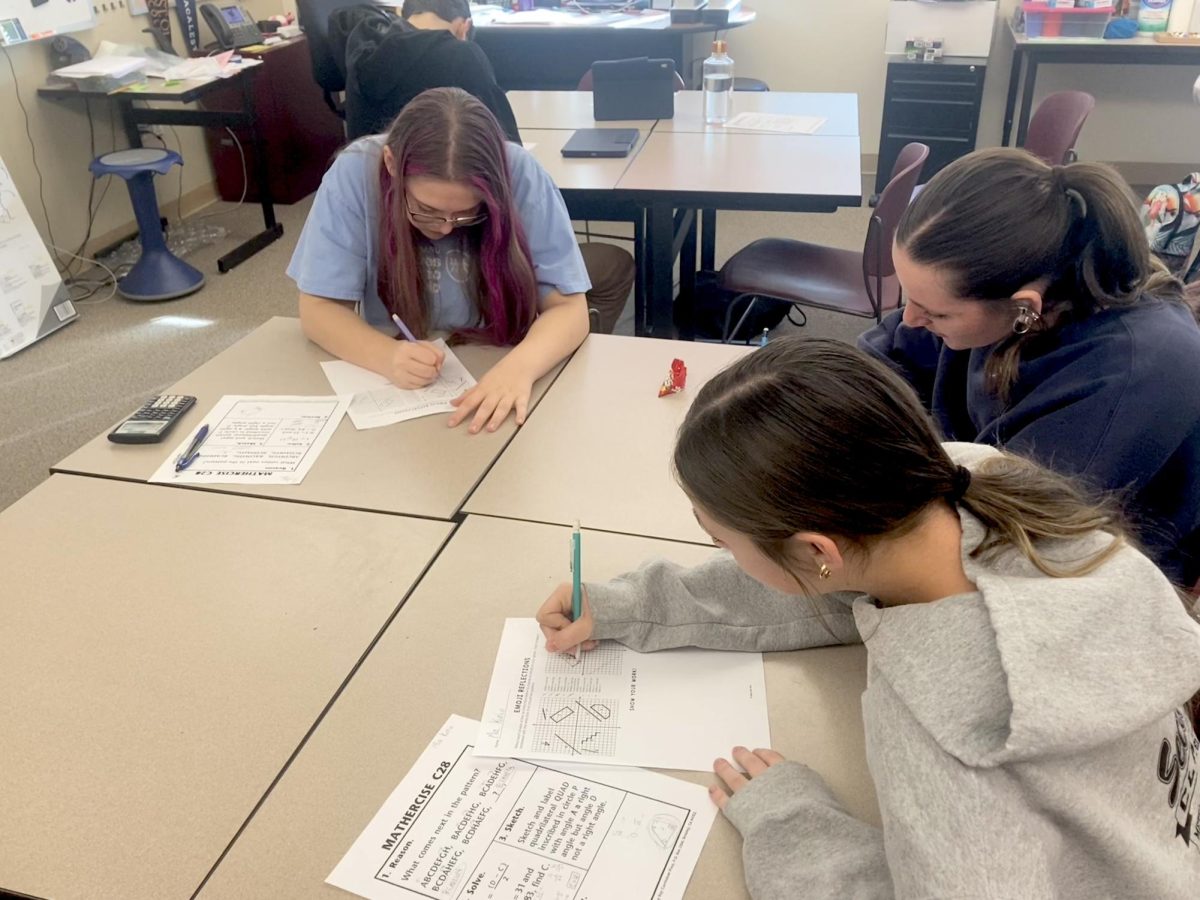
![Hosting the SCLA Casptone Mentor Dinner outside allowed for more attendees on September 27, 2021 at Silver Creek. This event would’ve usually been held inside. According to Lauren Kohn, a SCLA 12 teacher, “If we have a higher number of people, as long as we can host the event outside, then that seems to be keeping every[one] safe”.](https://schsnews.org/wp-content/uploads/2021/11/sxMAIGbSYGodZkqmrvTi5YWcJ1ssWA08ApkeMLpp-900x675.jpeg)


